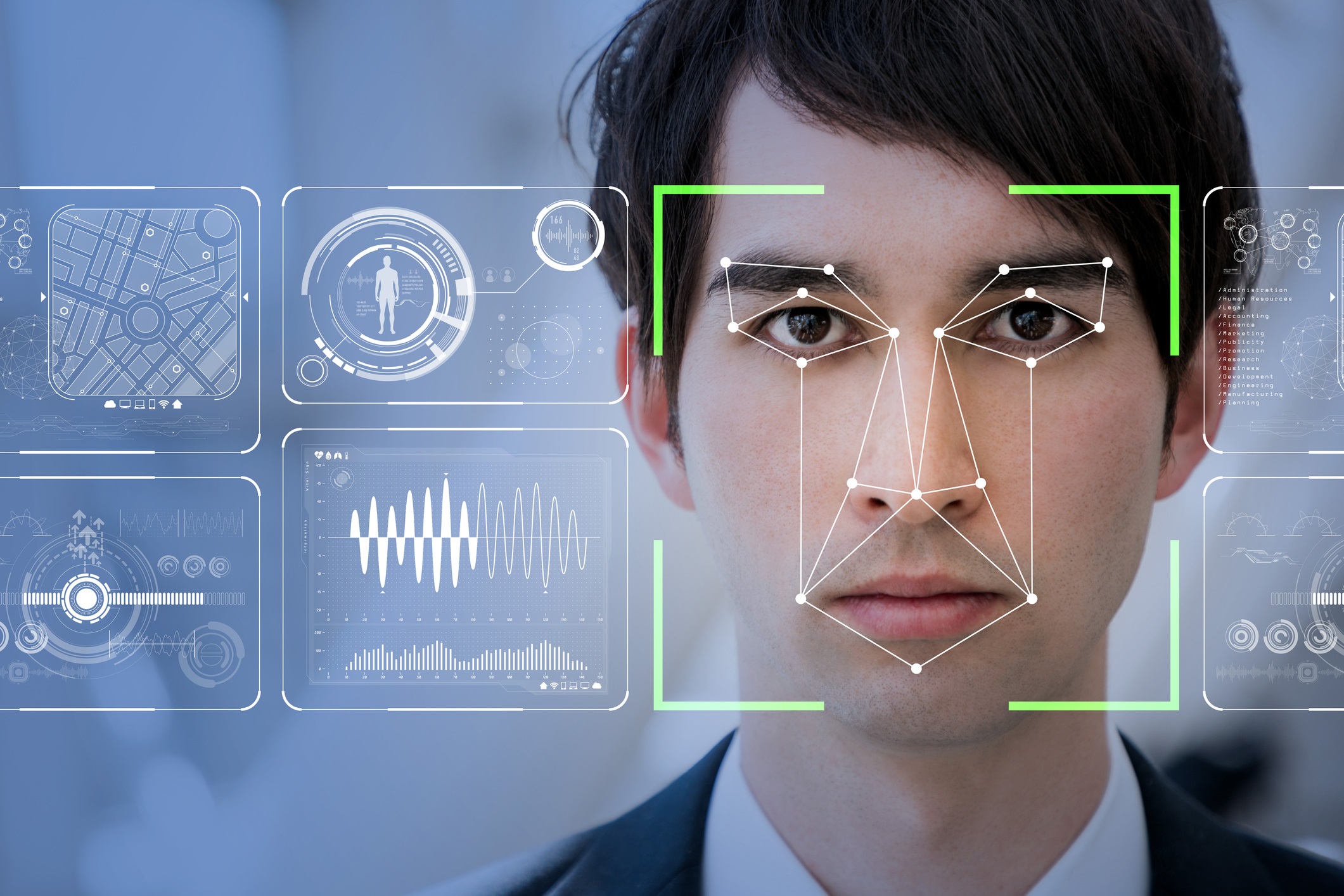
Shopkeepers across the country are itching to use facial recognition technology and are keeping a close eye on a supermarket trial of the system starting today, Retail NZ says.
Up to 25 Pak'n'Save and New World supermarkets will be using the technology to try and combat rising thefts and violence against staff.
But the Privacy Commissioner fears it is not a proven tool to reduce harm in stores and worries about the privacy implications, as well as its poor performance internationally on people of colour.
In 2022, Foodstuffs was found to have already started using the the technology in some stores, but turned it off in the lead-up to this trial.
Retail NZ Chief Executive Carolyn Young said the sector was watching the trial with keen interest.
"First things first, let's see how the trial goes," she said.
"I know that there's a lot of retailers waiting to see the outcomes because they are ... keen to put something in place as well."
Foodstuffs said there had been a large increase in thefts and violence against staff.
It said repeat offenders were responsible for about a third of all incidents and the technology would be used to target them.
Foodstuffs North Island's general counsel Julian Benefield said the company had consulted with the Privacy Commissioner and made some changes accordingly.
It had appointed an independent evaluator and staff who reviewed the footage would be given special training.
RNZ has asked Foodstuffs what sort of training will be given, and by whom.
It has also asked which specific stores are taking part.
Foodstuffs said all images taken would be instantly deleted unless a person had committed a crime, been aggressive, violent or threatening towards workers or customers or had actively assisted in such behaviour.
Privacy Commissioner Michael Webster said he was worried about what the software meant for Māori, Pasifika, Indian and Asian shoppers, since the software was not trained on the New Zealand population.
He said he would keep a close eye on the trial, which will run for six months.
The trial will run for six months.
Meanwhile, number plate cameras are also already being used by retailers to spot shoplifters, and by police.

Use of technology needs to be 'fully justified' - privacy commissioner
Privacy Commissioner Michael Webster told Morning Report he would be using his powers of inquiry under the Privacy Act to keep a close eye on the trial.
"We'll be monitoring to see if it does actually result in a decline in numbers of violent incidents at supermarkets, which is obviously one of the aims from it."
His office would also be looking at the assessment completed at the end of the trial by the independent evaluator to check that it had delivered what was intended, he said.
"As a general proposition, we're not in the business of banning technologies but ensuring that they're used in an appropriate and safe way, so that their use is fully justified - that's what our legislation, or act, asks us to keep an eye on."
"That's why this trial is so important."
Webster said his office had the power to issue a compliance notice to an organisation directing it to stop using technology in some instances.
"At the end of the day, if, in our assessment we consider the use of ... privacy-intrusive technology is unlawful, we can issue a compliance notice directing an organisation to take steps to stop using it in that particular way."
"I understand businesses' concern to protect their staff and customers and I want people to be safe as they shop and they go to work, but that's why we need to be really careful to analyse the data that Foodstuffs has and will capture over the trial, to see what sort of incidents are happening."
Foodstuffs North Island had "literally, I understand, millions of customer visits every week and a relatively small number of incidents a week".
"So we need to be careful that we when we look at the data we're doing a full and thorough analysis of what actually is happening."
When Foodstuffs announced the trial in December 2022, it said existing FRT would be turned off awaiting its outcome.












